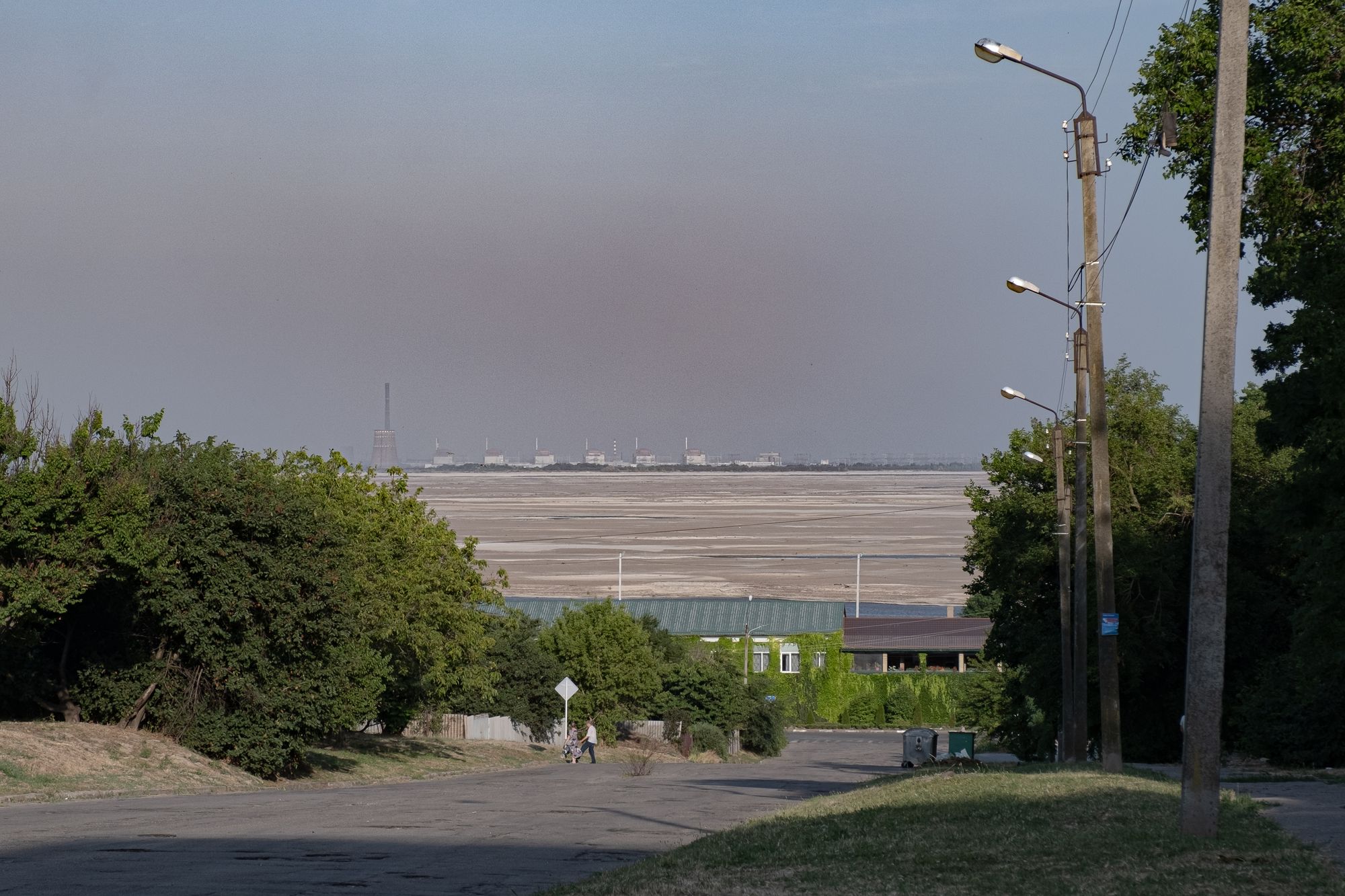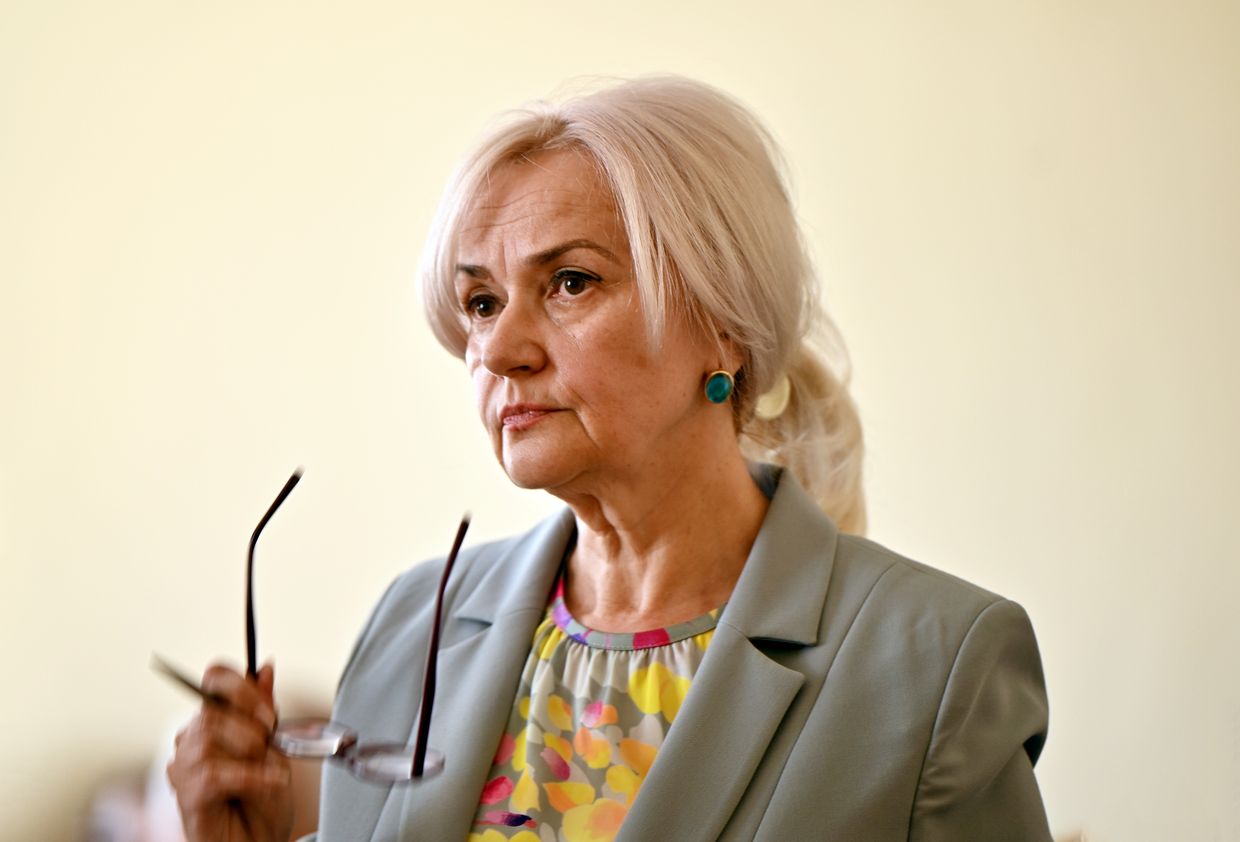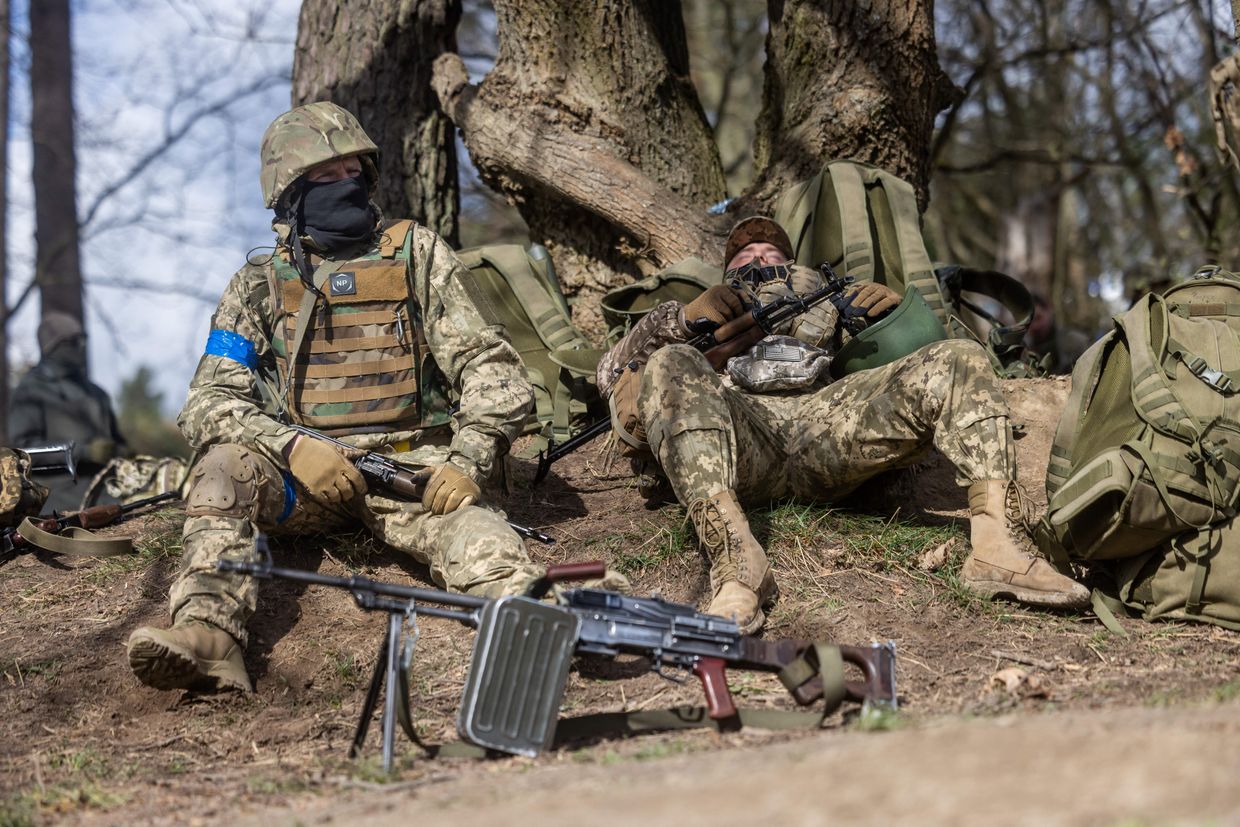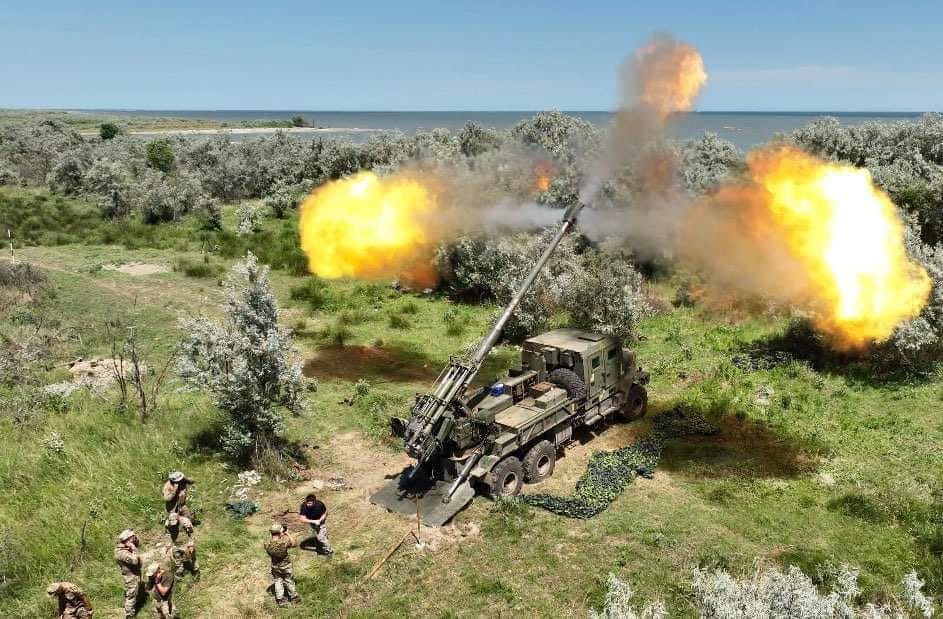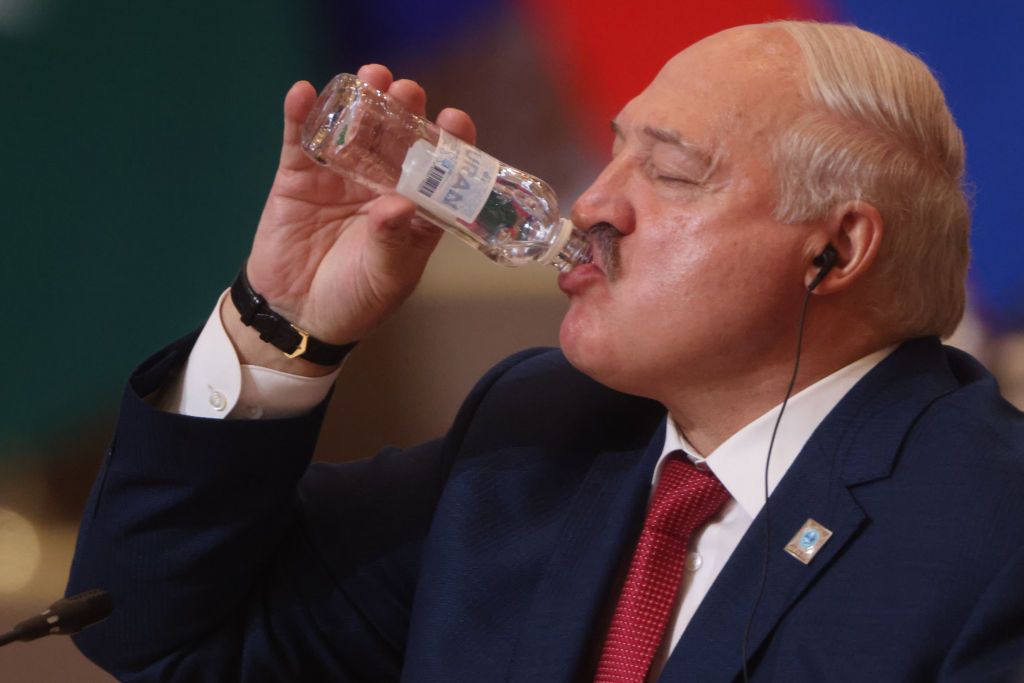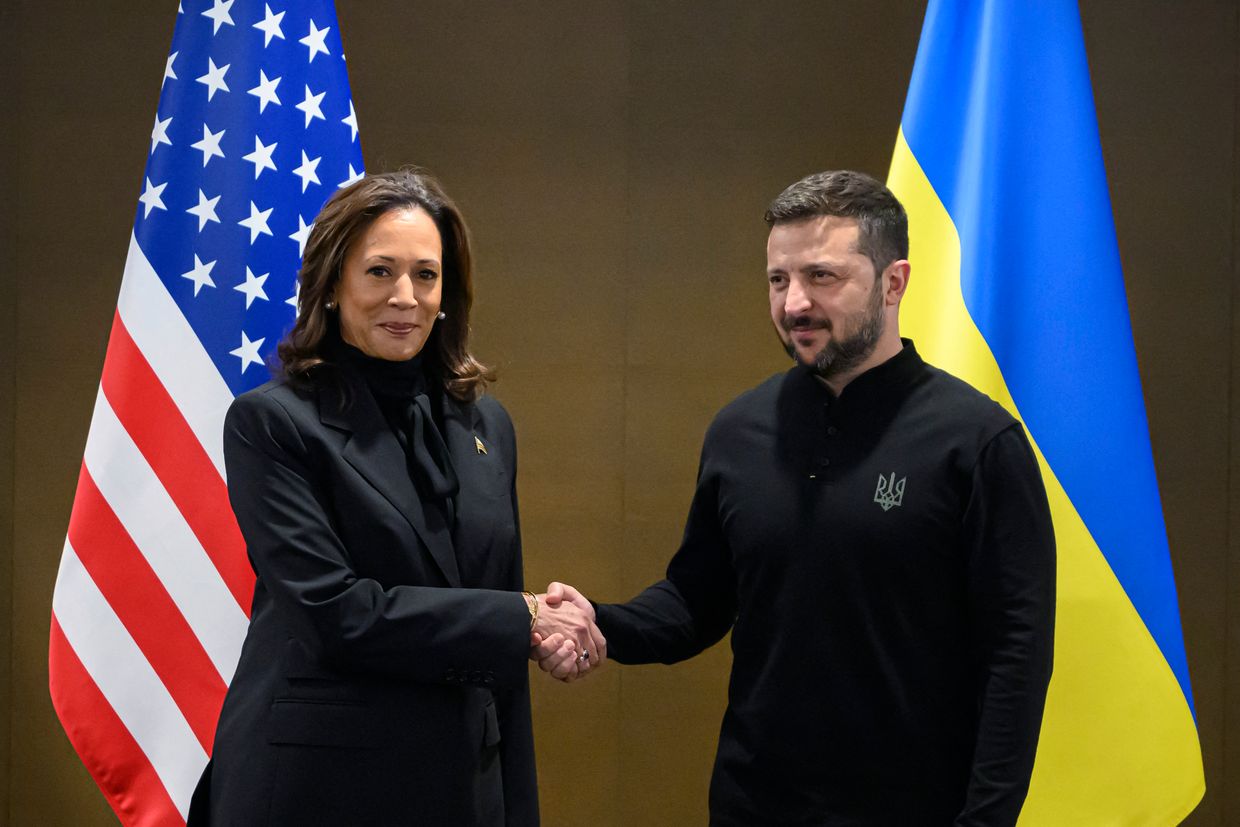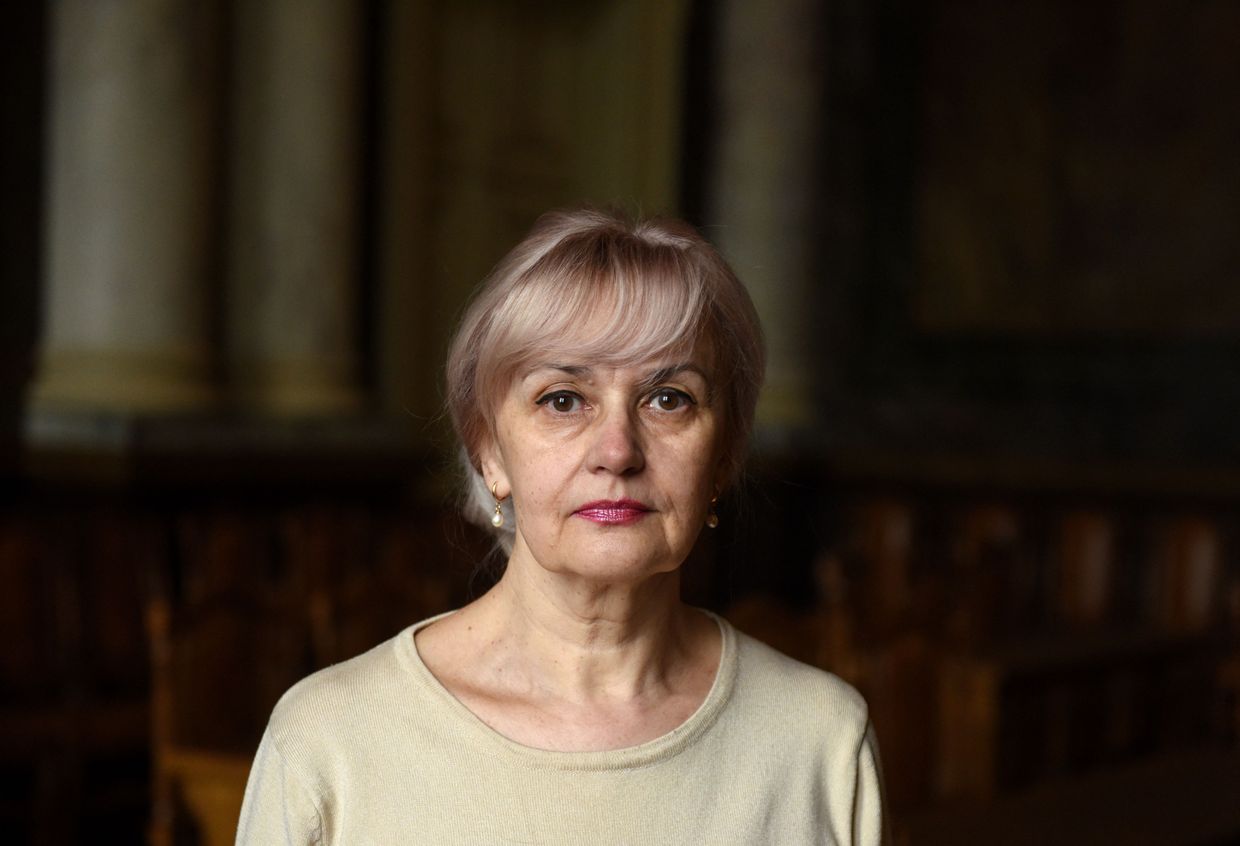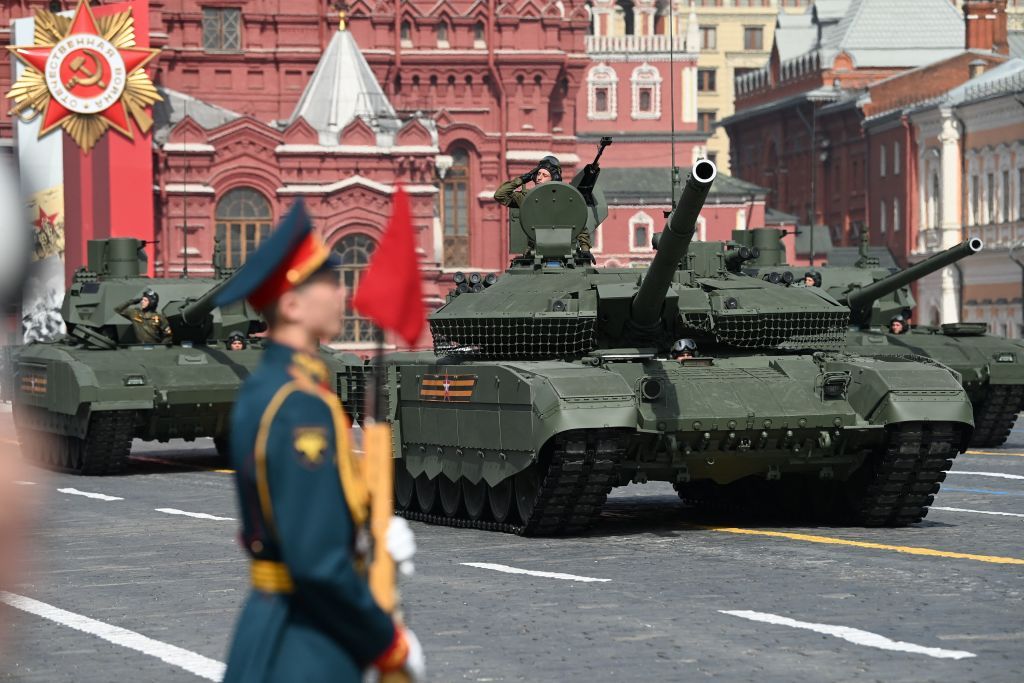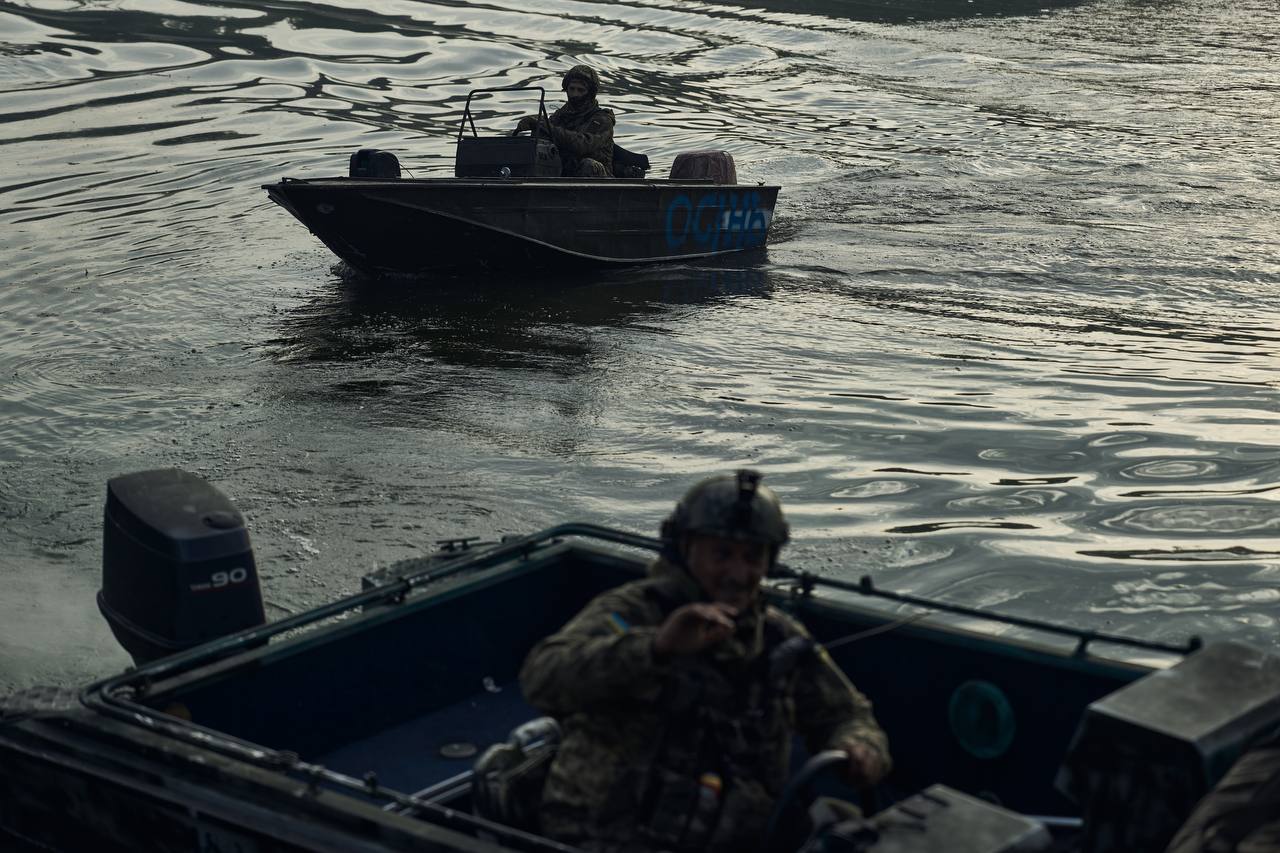There is consensus among observers of Russia’s war against Ukraine that it should end as soon as possible. Most Ukrainians couldn’t agree more. Today, one suspects, many Russians would also not mind ceasing the carnage. Why, then, is there still not – and likely will not be any time soon – a negotiated finale to the war?
Pushing for a negotiated ceasefire of some durability, not to mention sustainable peace, between Ukraine and Russia at this moment in time is futile. Following this strategy would not only be inconclusive but could absorb energy needed to pursue more promising paths toward a solution to this war.
There are at least six reasons that hamper compromise between Kyiv and Moscow.
Ukraine’s and Russia’s constitutions
Ukraine’s and Russia’s constitutions are the highest hindrance to compromise.
Russia illegally annexed Crimea and made it an official part of its pseudo-federation in March 2014. In September 2022, Moscow repeated this move, illegally declaring four of Ukraine’s mainland regions as part of Russia. Russia’s internal legislation was changed to incorporate them within its constitution fully. While, obviously, Moscow’s claims are null and void under international law, they have been fully enshrined into Russia’s basic law, federal legislation, and state structure.
Neither Ukraine’s nor Russia’s constitutions can be easily changed. Theoretically, Ukraine’s constitution could be quickly amended by a two-thirds majority of the Verkhovna Rada, but such a reform would never pass. Under pressure from Berlin and Paris, former Ukrainian President Petro Poroshenko tried in August 2015 to change Ukraine’s constitution marginally and temporarily to fulfil the infamous Minsk Agreements. The proposed temporary special status for the Russian-occupied parts of Donbas did not pass parliament. A Ukrainian renunciation of legitimate state territory will never happen.
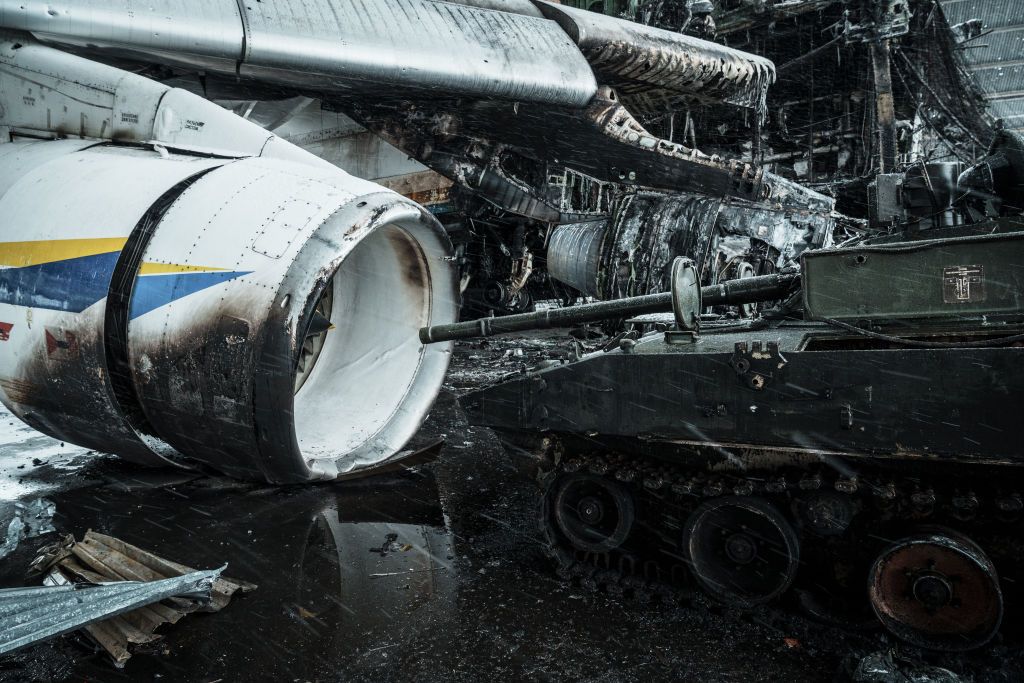
In contrast, the prospect of a Russian reversal of the 2014 and 2022 constitutional reforms implementing the annexations is politically less fantastic than a Ukrainian cessation of its temporarily occupied territories. However, a Russian fulfilment of its obligations under international law will not be easy to implement. Not only is it politically easier to annex territories than to cede them, but Russia’s procedure of constitutional revision is also more complicated than Ukraine’s.
A formal legal reversion of Putin’s expansionist adventure will, in other words, only come after and not before its material end. The hope that Ukraine and/or Russia can, as a result of a diplomatic process, enact even a temporary abrogation of their currently valid constitutions is unrealistic.
Hawkish domestic politics
Both Ukraine and Russia have social and political groups who are strictly against any territorial and political compromise with the enemy. Given the high toll of the war on both countries, even minor conciliatory steps toward the other side would be regarded as acts of national treason and generate domestic challenges for both Kyiv and Moscow.
To be sure, the hawkish constituencies of Ukraine and Russia are neither normatively nor politically comparable. The vast majority of Ukraine’s population is merely demanding the restoration of its internationally recognized borders.
Some Russian hawks insist that Moscow’s military gains from its initial invasion in 2014 should remain permanent, while others, including Russian President Vladimir Putin himself, think that the territorial expansion achieved in the full-scale war thus far is insufficient.
To be sure, the depth of hawkishness (if one uses the term in a neutral way) in Russia’s population is altogether lower than in Ukraine. A Russian popular acceptance of the loss of most of the relative gains for Russia from the war is more likely and can become more widespread than a Ukrainian popular acceptance of a loss of territory or sovereignty. That being said, Moscow’s illegal annexation of Crimea in 2014 continues to have overwhelming support among Russia’s population.
If Kyiv and Moscow become inclined to achieve a negotiated end to the war, it remains unclear what compromise they could sell to the less dovish parts of their domestic audiences. Ukraine and Russia would both be at risk of civil war.
As the short-lived Wagner mutiny in the summer of 2023 illustrated, the prospect of domestic civil unrest has become a serious issue for the Kremlin. Wagner Group head Yevgeny Prigozhin’s armed uprising was motivated, it may be worth reminding, by insufficient Moscow bellicism, not pacifism.
The Crimean conundrum
The fifth hindrance to reaching a negotiated end to the war is Crimea.
Crimea was the most popular territorial achievement that Putin presented to the Russian nation, despite being based on a deeply flawed historical narrative. The “Russian character” of Crimea is partly historical fiction and partly the result of ruthless demographic engineering by pre-Soviet, Soviet, and post-Soviet governments. Notwithstanding, most Russians believe that Crimea belongs to Russia.
Crimea also creates a peculiar strategic dilemma for the Kremlin. Should the current or future Russian leadership become interested in ending the war, it may be ready to “sacrifice” the territories it has occupied since 2022. However, to keep Crimea as an isolated exclave far away from other Russia-controlled lands would neither economically nor strategically make much sense for Moscow. Since its annexation, Crimea has not only been Russia’s most illegal region but also the most subsidized.
The peninsula is neither an object of negotiation nor a potential instrument of compromise. A simple glance at the map and consultation of Crimea’s history on Wikipedia should make clear that, in negotiations, the peninsula would be a part of the problem rather than a means to its solution.
Historical experience
The most important political factor holding Kyiv back from premature negotiations with Moscow is its own and other East-Central Europeans' historical experience with Russia. History suggests that Russia will not uphold an agreement reached via diplomatic compromise rather than a military victory. Independent Ukraine has, over the last 30 years, signed hundreds of agreements with Russia – most of which today are void.
Among them are the 1991 Belovezha Accords, the 1994 Budapest Memorandum, the 2003 Border Treaty, and the 2014-2015 Minsk Agreements. Several of these documents explicitly acknowledge Ukraine’s borders, territorial integrity, and sovereignty, but even those with Putin’s signature and ratified by the Russian parliament have been invalidated by Moscow’s actions in 2014 and 2022.

Similar adventures by Moscow in the post-Soviet space do not bode well, from a Ukrainian standpoint, for negotiations with the Kremlin. These historical lessons also advise Helsinki, Tallinn, Riga, Vilnius, Warsaw, Prague, and Bucharest that Ukraine needs to reach at least a partial victory before entering meaningful negotiations with Russia. Only when facing military disaster will Moscow engage in a genuine search for a compromise that may be acceptable to Kyiv and have the potential to hold.
Conclusions
Negotiations will, at some point, start to play a role. However, they have to wait until the situation on the ground and in Moscow changes to such a degree that they make sense for Kyiv.
An agreement signed before Ukraine has achieved, at least some, salient military advantage and a stronger negotiation position will likely be a charade. At most, it will achieve a postponement rather than an end of armed conflict. A quick ceasefire agreement could even prolong the overall length of high-intensity war, allowing Russia to make further preparations as it did back in 2014.
The provision of substantial military support to Kyiv is thus the right strategy for three reasons. First, it will help to prepare for meaningful negotiations. Second, it will ensure a sustainable accord (rather than an unbalanced deal like the Minsk Agreements) between Kyiv and Moscow in the future. And third, it will subsequently keep the peace intact.
Editor’s Note: The opinions expressed in the op-ed section are those of the authors and do not purport to reflect the views of the Kyiv Independent.




